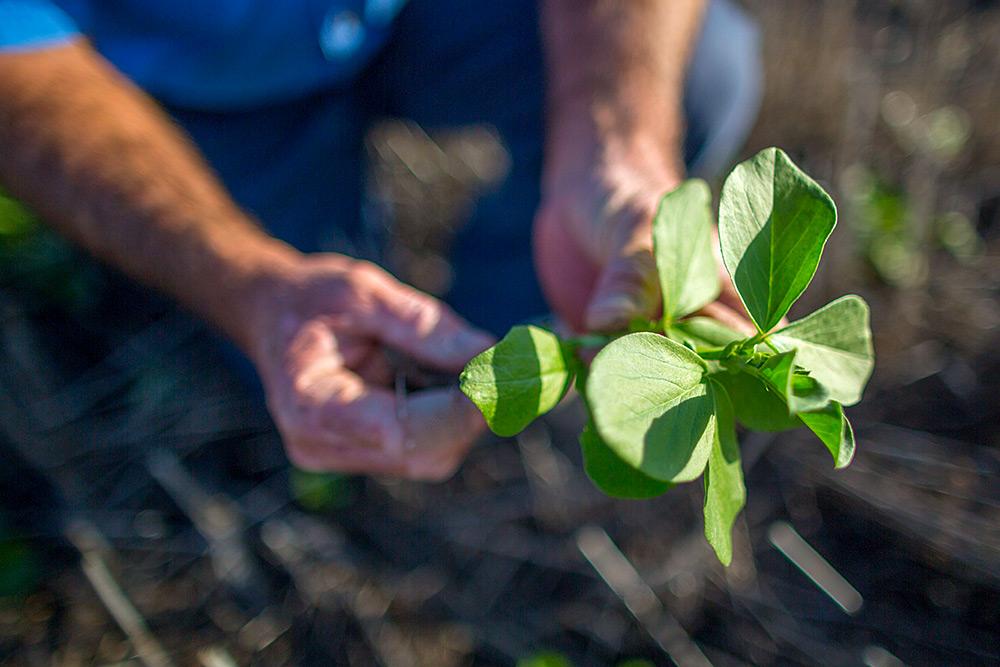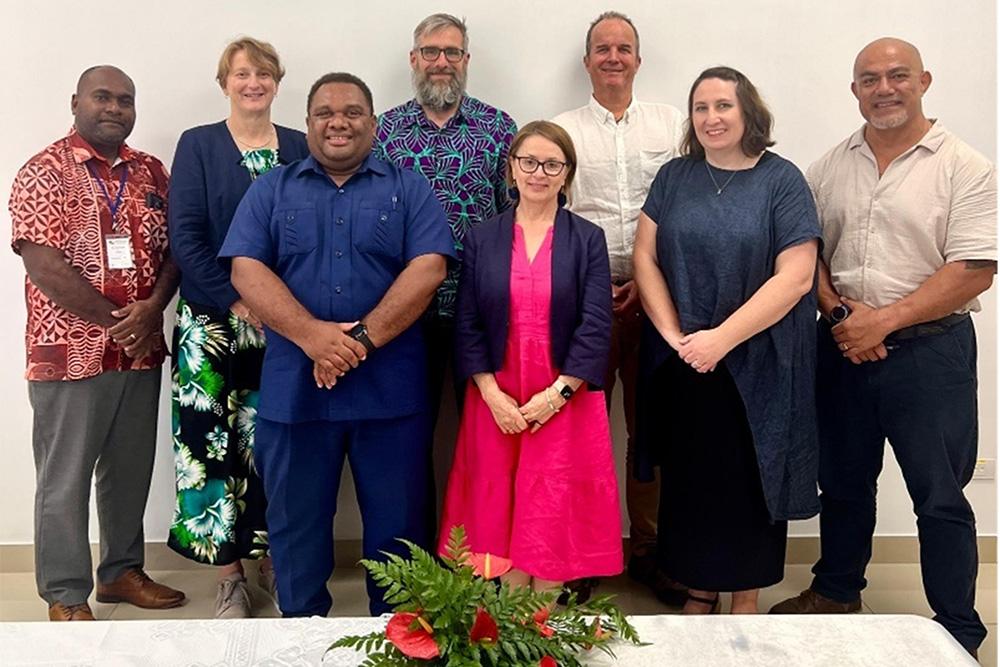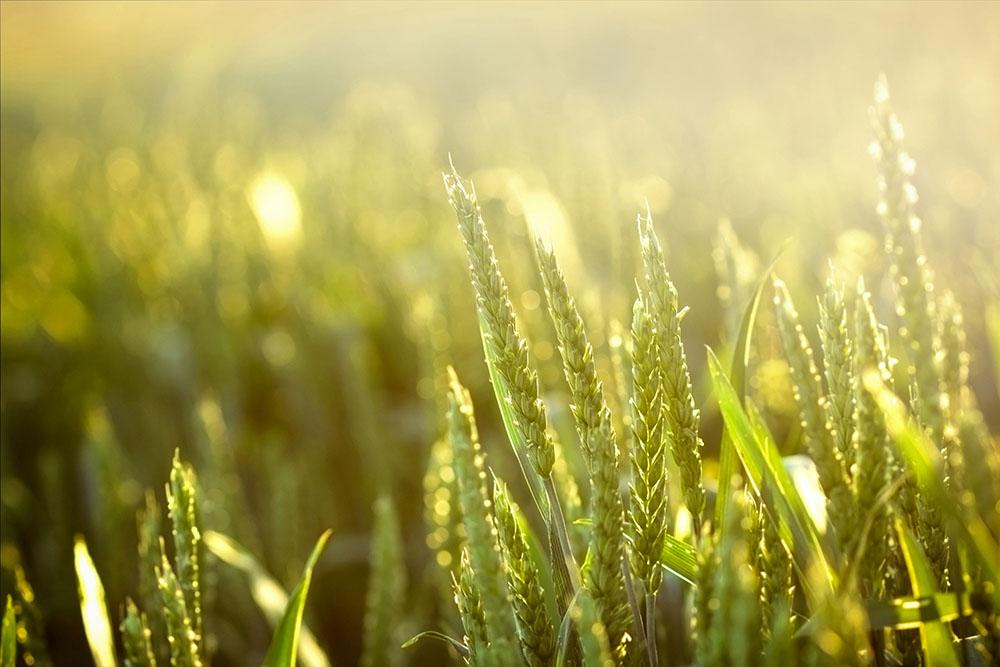Hitchhiker pests are not native to Australia and have a specific biology or behaviour that allows them to ‘hitch a ride’ to Australia via sea containers, imported goods and other forms of transportation.
As concerns surrounding the international movement of hitchhiker pests via sea containers rise, Australia is spearheading international efforts to manage biosecurity risks associated with the sea container pathway.
First Assistant Secretary of Biosecurity Plant and Science Services, Monica Collins said that the department, in close collaboration with industry stakeholders and governments worldwide, is actively addressing this issue in its work under the International Plant Protection Convention (IPPC).
Recently, the department co-hosted the IPPC's International workshop on 'Pest risk mitigation of sea containers and their cargoes and the facilitation of international trade - defining the way forward' in Brisbane from 17 to 19 July 2023.
This workshop brought together global stakeholders, including government representatives, international organisations and international peak industry bodies, fostering valuable discussions on managing biosecurity risks associated with the sea container pathway.
"The IPPC workshop was a significant milestone in our efforts to find effective global solutions,” Ms Collins said.
“The department is committed to preventing the entry and establishment of exotic pests that could pose significant threats to the country's agriculture and supply chain industries, economy, environment and way of life.
"As a world-leader in biosecurity, Australia is at the forefront of the global fight against hitchhiker pests.
“We recognise the importance of collaboration and we are actively working with international partners to find effective solutions to this complex issue."
In recent years, Australia and other countries have witnessed a surge in the global movement of hitchhiker pests.
Given the substantial volume of global trade transported in sea containers, the risk posed by this pathway demands a collective and coordinated response on a global scale.
In collaboration with Australian universities, research organisations, industry and international counterparts, the department is taking significant steps to address the hitchhiker pest risk associated with the sea container pathway.
The department is exploring innovative technologies to enhance automatic detection capabilities, researching modifications to sea container design and leading global discussions on comprehensive solutions to mitigate this risk.
For more information on hitchhiker pests, visit the department’s website.
For more information on the International Plant Protection Convention’s international workshop, visit the IPPC’s website.



